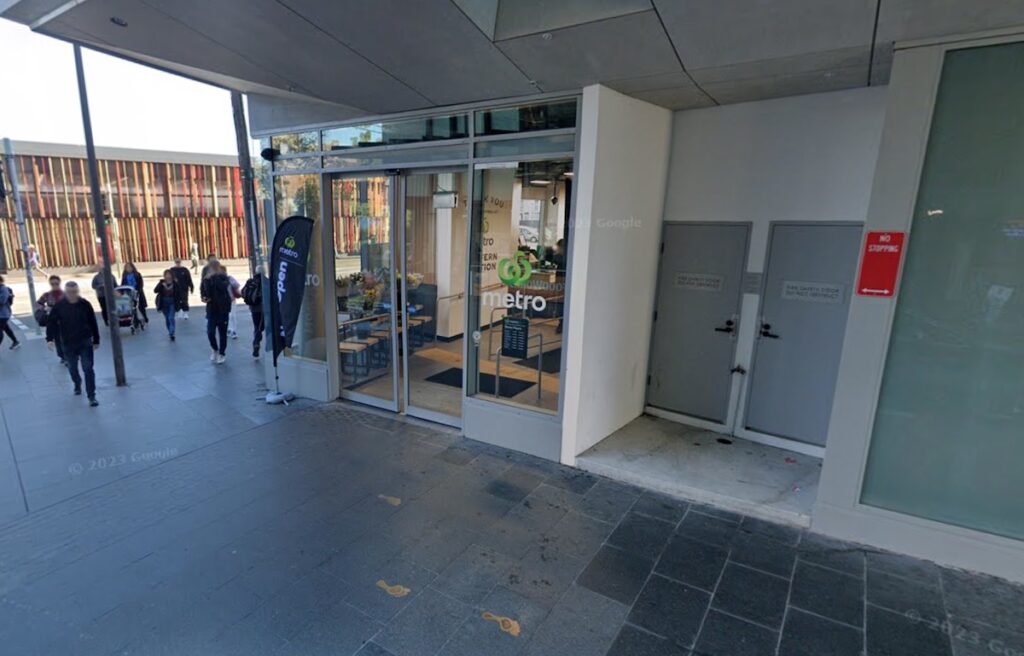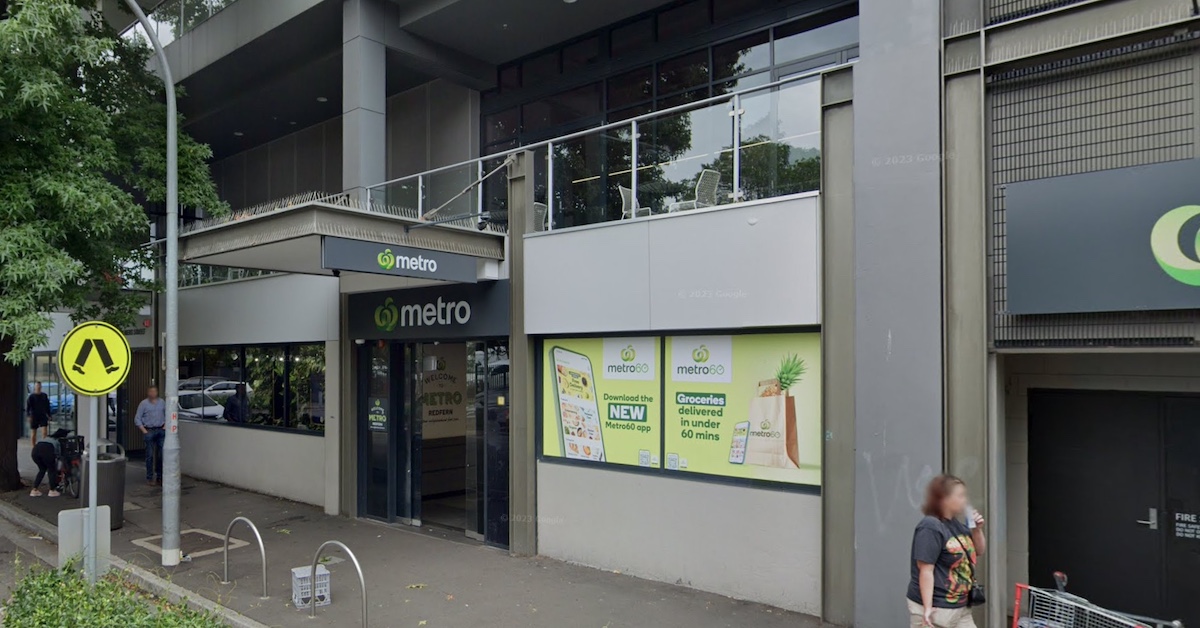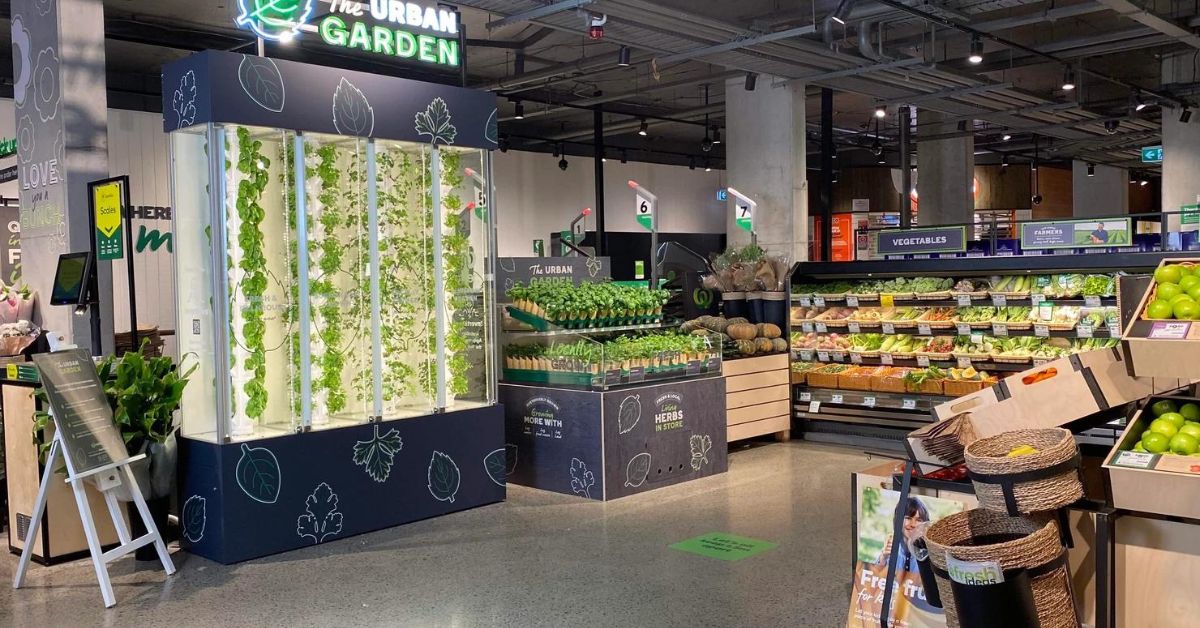Supermarkets, as we once knew them, are quietly disappearing from inner-city suburbs, replaced by boutique “metro” or “local” versions. This transformation is starkly evident in Redfern, with Woolworths Metro stores introducing price discrepancies that challenge conventional shopping habits.
Over the past five years, the grocery shopping landscape in Redfern has undergone a notable shift. Once dominated by traditional supermarkets, the neighbourhood now boasts two Woolworths Metro stores, catering to the demands of a changing urban demographic.
The larger of two stores in the suburb, situated near Redfern Oval, has been a fixture for over a decade, serving as a community hub for residents and visitors alike. However, its recent conversion to a Woolworths Metro has left some shoppers questioning the impact on their wallets. A mere 10-minute walk away, a newer and smaller Metro store has emerged, strategically positioned near the bustling train station.

A recent investigation has revealed a significant price differential between the two Redfern stores. A basket of seven everyday items, including milk, eggs, bread, and coffee, was nearly 10% more expensive at the smaller Metro than its larger counterpart. This pricing inconsistency has left residents pondering whether convenience is worth the added cost.
Professor Nitika Garg, a consumer behaviour researcher at the University of New South Wales, underscores the broader implications of this trend, per ABC News. She notes that while Metro-style stores initially targeted commuters seeking convenience, their expansion into residential areas like Redfern raises concerns about affordability and accessibility
The issue has not gone unnoticed by residents, with some expressing frustration over the gradual disappearance of traditional supermarkets. Last year, concerned citizens rallied against plans to convert the Alexandria Woolworths into a Metro, citing fears of increased food insecurity and limited access for elderly residents.
As Woolworths and other supermarket chains expand their footprint of Metro and local stores, questions linger about the long-term impact on inner-city communities. With ongoing inquiries into grocery pricing practices and increased scrutiny on supermarket giants, the debate over affordability and convenience is unlikely to wane anytime soon.
Published 21-February-2024




